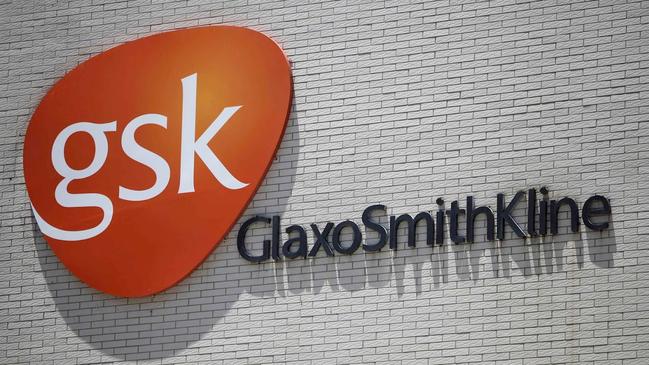Glaxo COVID-19 vaccine starts human trials
A coronavirus vaccine being developed with British and Chinese companies has begun human clinical trials in Perth.

A coronavirus vaccine being developed in partnership with the British pharmaceutical group GlaxoSmithKline has begun human clinical trials in Western Australia.
The public drugs company is providing its adjuvant technology as part of a collaboration with Clover Biopharmaceuticals, of China.
After promising pre-clinical results in animals, the vaccine has begun a phase-one study in Perth.
Glaxo and Clover are planning a more in-depth phase-two trial, which it is hoped will start later in the year.
The partnership with Clover is one of several COVID-19 vaccine projects involving Glaxo, which also include a venture with Sanofi, of France.
Glaxo, based in west London, is a leading player in the global vaccines market, along with Sanofi and the American companies Merck and Pfizer.
Formed via the merger in 2000 of Glaxo Wellcome and Smithkline Beecham, it also operates a pharmaceuticals business and a consumer healthcare division.
Adjuvants are added to a vaccine to boost the body’s immune response to produce more antibodies. This is seen as being important in a pandemic, in particular, because it can reduce the amount of vaccine protein required per dose, allowing more vaccine doses to be produced and therefore helping to protect more people.
The Chengdu-based Clover has one of the largest in-house biomanufacturing capabilities in China, meaning that it can produce large quantities of vaccines.
Thomas Breuer, chief medical officer of Glaxo’s vaccines division, said that its approach “holds the promise to produce vaccines at scale, potentially benefiting billions of people … If this trial is successful, we hope to be in a position to move into more advanced trials later in the year.”
Mr Breuer has worked for Glaxo for about 20 years, including throughout the swine flu outbreak in 2008 and 2009, but he said in April that he had “never seen anything like this.
“I feel like I’m in a war with the enemy and the weapons are not rockets and tanks. The weapons are solutions from the medical teams.”
Sir Jeremy Farrar, a government public health adviser, said this month at The Times CEO Virtual Forum that government lockdowns were not sustainable and that ultimately vaccines were required to combat what had become a “human endemic infection”.
The success of lockdowns in suppressing the virus has left scientists with the problem of recruiting enough patients to prove a vaccine’s efficacy.
Pascal Soriot, chief executive of Astrazeneca, Glaxo’s London-listed rival based in Cambridge, said recently that “probably the biggest issue that we are facing as vaccine developers is the fact that the disease is now declining in Europe and in many parts of the world”.
Astrazeneca is co-ordinating the manufacture and distribution of a vaccine being developed by the University of Oxford.
Shares in GlaxoSmithKline rose by 9.75p, or 0.6 per cent, to £16.57 in London on Friday, while those of Astrazeneca rose by 89p, or 1 per cent, to £84.89.
The Times



To join the conversation, please log in. Don't have an account? Register
Join the conversation, you are commenting as Logout